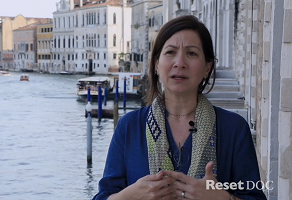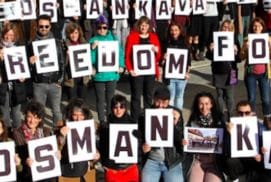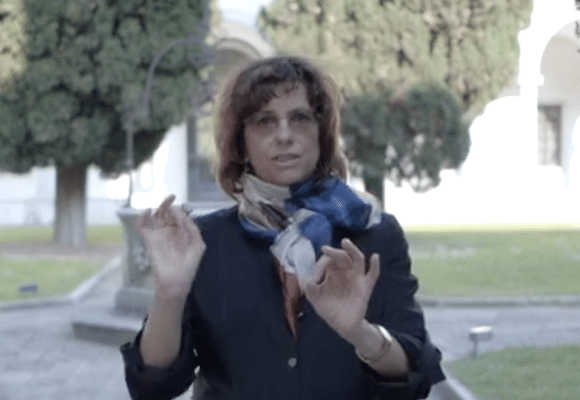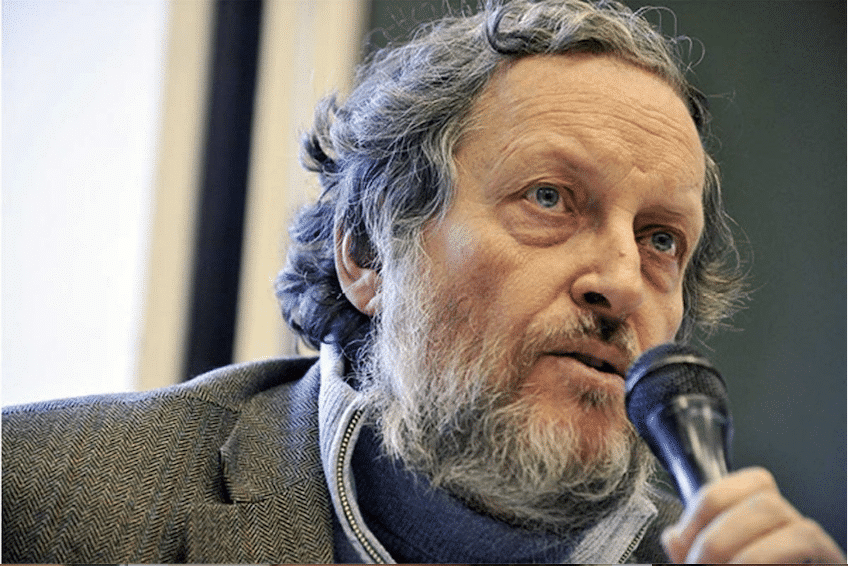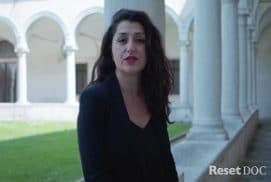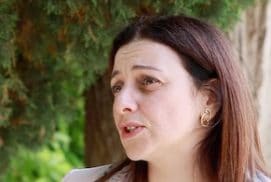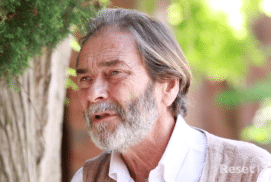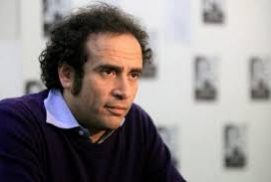
Videos
Middle East

- Mona Harb 29 September 2022Lebanon’s unique power-sharing system used to be celebrated as a model of effective democracy in a highly diverse context. That is no longer the case. Prof. Mona Harb (AUB) explains why in the second part of this video-interview shot on the margins of Reset DOC’s 2022 Venice Seminars, “Between State and Civil Society: Who Protects Individual Liberties and Human Dignity?”
- Mona Harb 6 September 2022In Lebanon, the pandemic was used by sectarian political groups as a pretext to reassert their dominance over the country – says prof. Mona Harb (AUB)
- 22 October 2021A recent webinar held for the launch of the Transatlantic Platform for Democracy in Turkey sheds light on the case that has fuelled new diplomatic tension between Turkey and Western countries.
- 27 July 2021The 2011 Arab uprising raced through the Arab world like a highspeed train and then derailed, from optimism to suffering and despair. A new railroad could revive not only infrastructural policies and trade but overcome the sectarian conflict, political repression, refugee crisis, and violence against women. Drawing on history and policies that have worked, Franklin Roosevelt’s 4 principles of freedom might be useful?
- Massimo Campanini 15 October 2020To open the way for a fresh and reformist reading and understanding of the Qur’an, Massimo Campanini refers to the teachings of Edmund Husserl and Enzo Paci on God’s truth not being absolute but telos, an objective, a truth to be reached as as to Egyptian philosopher Hassan Hanafi’s concept that “God is not logos but praxis”” Gos is man’s action in society and in history.
- Dilek Kurban 10 March 2020Turkey is one of the drafters of the Conventions which has helped shape the European liberal legal order. Ironically Turkey was and is an authoritarian state, treated as a liberal democracy by the European institutions.
- Nayla Tabbara 28 January 2019Islam calls for unity within diversity says Nayla Tabbara, co-founder of the Lebanese Adyan Foundation for Solidarity, Diversity and Human Dignity.
- Cengiz Aktar 13 November 2018Why did political Islam fail? And why did political Islam in Turkey, which started as a rising star turno into a political monster? Interview with Cengiz Aktar.
- 24 February 2017In Egypt liberal and left elites had missed out to organize and compete with right wing groups during and after the revolution. Amr Hamzawy, former Egyptian parliamentarian and human right activist explains that human rights abuse and economic and social crisis are threatening today’s Egypt and corroding the trust of the citizens. The illusion that an autocratic regime would guarantee stability is constantly disintegrating.


